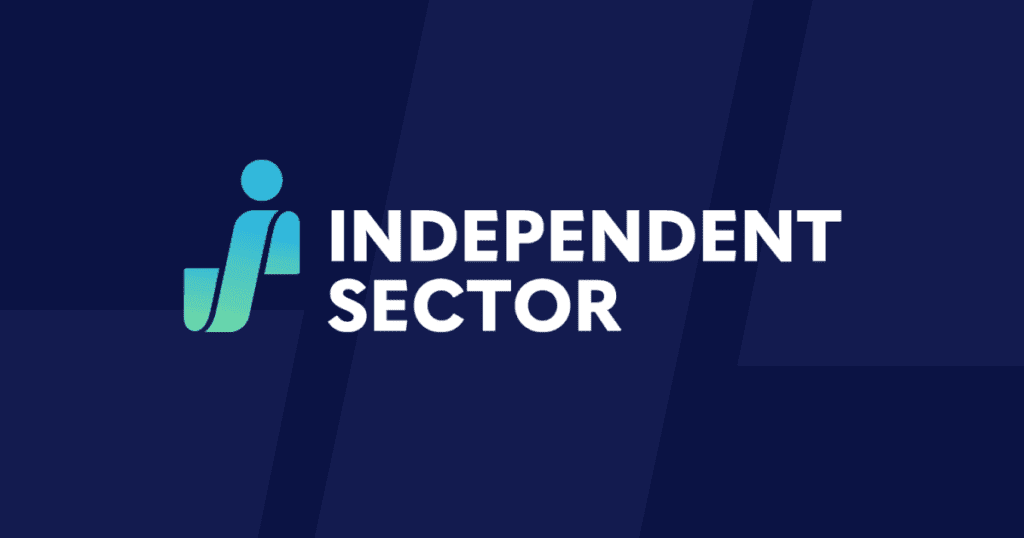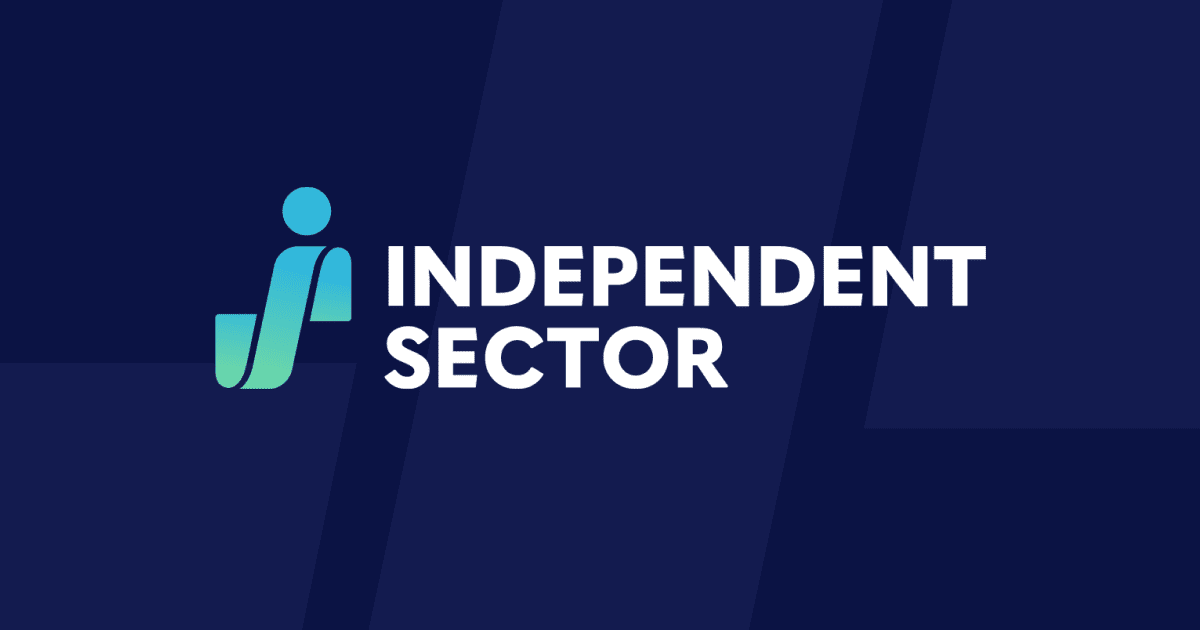(WASHINGTON, June 27, 2020) –While there are some provisions in the HEALS Act that will help nonprofits, the bill does not include essential bipartisan solutions that many nonprofits require in order to be able to continue serving their communities.
Our communities are hurting and people are turning to nonprofits now more than ever. Furthermore, nonprofits face the unique challenge of experiencing huge increases in demand for their services at the same time that the resources available to provide those services are plummeting.
People in communities across the country need nonprofits, and nonprofits need Congress to do more in the next coronavirus relief package.
The solutions nonprofits need are clearly identified and readily available. And they have broad bipartisan support. As the Senate, House, and White House continue to negotiate the details of a relief package, the nonprofit sector sees the following needs:
Congress needs to help prevent more nonprofit layoffs from happening. Already, 1.6 million jobs, 13 percent of the workforce, in the nation’s third-largest industry have been lost. Massive unemployment bills may force self-insured nonprofits to lay off even more workers; anything short of full coverage of unemployment costs is a jobs killer for nonprofits because state unemployment bills are due and payable this month. 100 percent coverage of unemployment costs for self-insured nonprofits must be included in the relief package.
Congress needs to continue to provide emergency funding to nonprofits and ensure that every nonprofit has access to emergency funding. The Paycheck Protection Program (PPP) and federal grants have provided a short-term economic lifeline to many nonprofits, providing them with financial support to meet payroll and to continue and expand services as necessary to protect vulnerable families and frontline responders. But as the pandemic continues, charitable organizations need additional resources to provide vital services that are essential to individual and community wellbeing. Additional grant funding and nonprofit eligibility for a second PPP loan must be included in the relief package.
Moreover, midsize nonprofits were completely excluded from the PPP, which was capped at 500 employees in the CARES Act. Unfortunately, the terms offered by the Federal Reserve for participation in the Main Street Lending Program are simply too burdensome and unworkable for most nonprofits. Instead of expanding eligibility, this bill further narrows the universe of organizations that would have access to these job-saving resources. Access to forgivable loans for mid-size nonprofits must be included in the relief package.
Congress needs to encourage charitable giving at a time when it is desperately needed. Individual giving in the first quarter of the year was down six percent compared to the same time last year, including an 11 percent decline in March 2020. That drop likely is much more pronounced over the last few months. Nonprofits need every dollar they can get right now. While we appreciate the inclusion of a temporary, above-the-line universal charitable deduction in the CARES Act (H.R. 748), Congress should strengthen and expand this incentive and help reverse the decline in donors by including the Universal Giving Pandemic Response Act (S. 4032), as introduced, in the relief package. This bipartisan legislation would raise the $300 cap to roughly $4,000 for individuals and $8,000 for couples and incentivize all American taxpayers—regardless of their income—to give more to help their communities. The above-the-line deduction (also called the universal charitable deduction or non-itemizer) must be increased from a limit of $300 and extended beyond the current year.
The solutions are straightforward. They have the support of more than 4,000 nonprofits from across the country that sent a letter to Congress last week. And they have strong bipartisan support in Congress. Now is the time to include those provisions, so nonprofits can keep helping our communities.
###
Organizational Signers
Alliance for Strong Families and Communities
American Alliance of Museums
American Cancer Society Cancer Action Network
American Heart Association
American Lung Association
American Red Cross
Americans for the Arts
Association of Art Museum Directors
Big Brothers Big Sisters of America
Boys & Girls Clubs of America
Council for Advancement and Support of Education
Covenant House International
Dance/USA
Ducks Unlimited
Girl Scouts of the USA
Girls Inc.
Goodwill Industries International
Habitat for Humanity International
Independent Sector
League of American Orchestras
The Leukemia & Lymphoma Society
Lincoln Center for the Performing Arts, Inc.
Lutheran Services in America
March of Dimes
National Council of Nonprofits
OPERA America
The Arc of the United States
Union of Orthodox Jewish Congregations of America (Orthodox Union)
YMCA of the USA
YWCA USA

